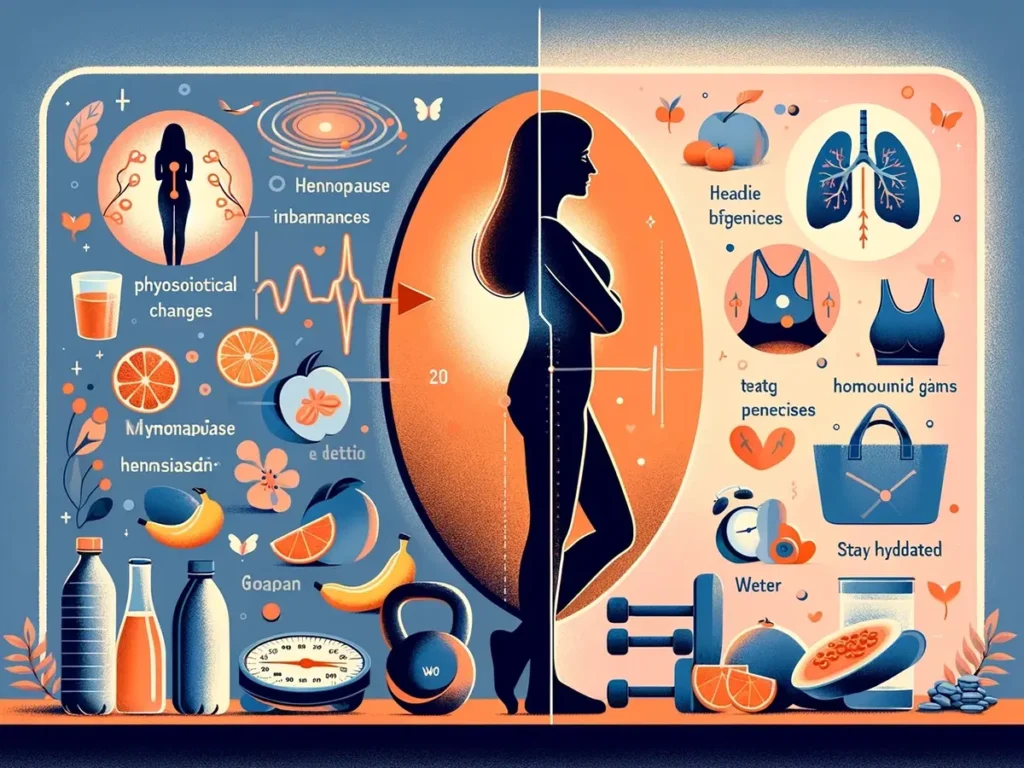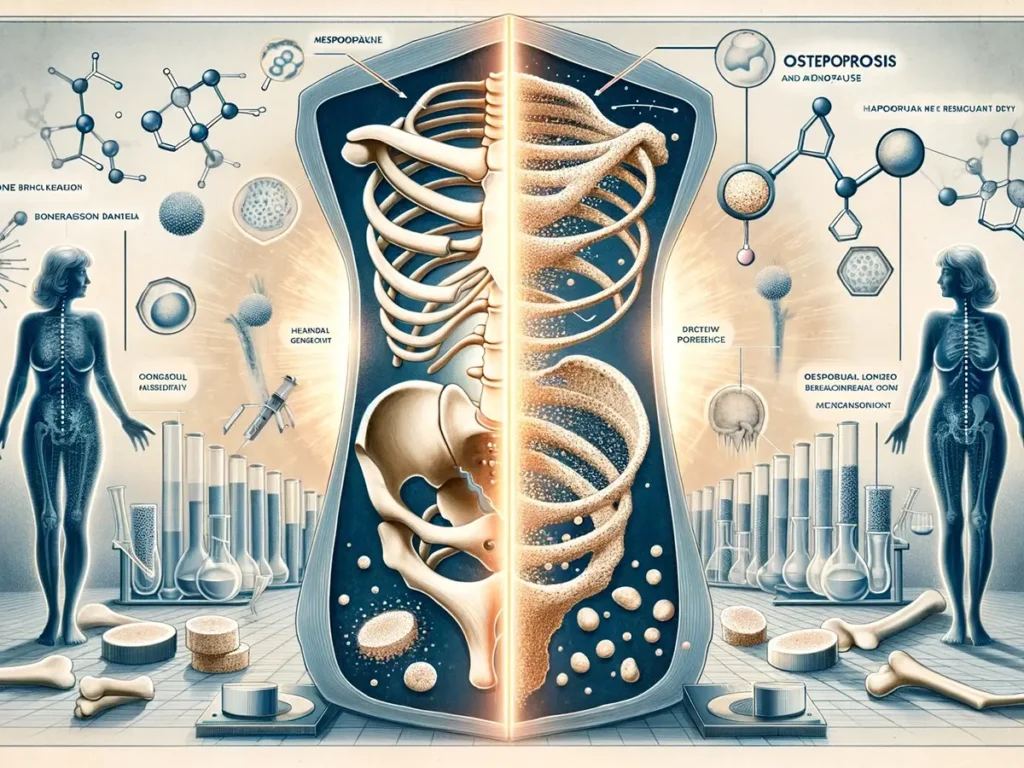Understanding Menopause and Weight Gain
Menopause is a natural phase in a woman’s life that marks the end of her reproductive years. It is often accompanied by a range of symptoms, including hot flashes, mood swings, and weight gain. While weight gain during menopause is typical, it can be frustrating for many women.
The hormonal changes that occur during menopause can contribute to weight gain. As estrogen levels decrease, the body stores more fat, especially around the abdomen. This not only affects a woman’s appearance but also increases the risk of developing certain health conditions, such as heart disease and diabetes.
Managing Weight Gain During Menopause
Although weight gain during menopause is inevitable for most women, there are steps you can take to manage it effectively:
- 1. Eat a Balanced Diet: Focus on consuming various nutrient-dense foods, such as fruits, vegetables, whole grains, lean proteins, and healthy fats. Avoid processed foods and sugary snacks, as they can contribute to weight gain.
- 2. Control Portion Sizes: Pay attention to portion sizes to prevent overeating. Use smaller plates and bowls, and listen to your body’s hunger and fullness cues.
- 3. Stay Active: Engage in regular physical activity to maintain a healthy weight. Aim for at least 150 minutes of moderate-intensity exercise per week. Incorporate a combination of cardio, strength training, and flexibility exercises.
- 4. Manage Stress: Chronic stress can contribute to weight gain. Find healthy stress management methods like yoga, meditation, or deep breathing exercises.
- 5. Get Enough Sleep: Lack of sleep can disrupt hormonal balance and increase cravings for unhealthy foods. Aim for 7-8 hours of quality sleep per night.
Seeking Professional Help
If you’re struggling with weight gain during menopause, consider seeking professional help. A registered dietitian can provide personalized dietary recommendations, while a certified personal trainer can design an exercise program tailored to your needs.
Conclusion
Weight gain during menopause is a common concern for many women. However, following a balanced diet, controlling portion sizes, staying active, managing stress, and getting enough sleep can effectively manage your weight and improve your overall well-being during this phase of life.






